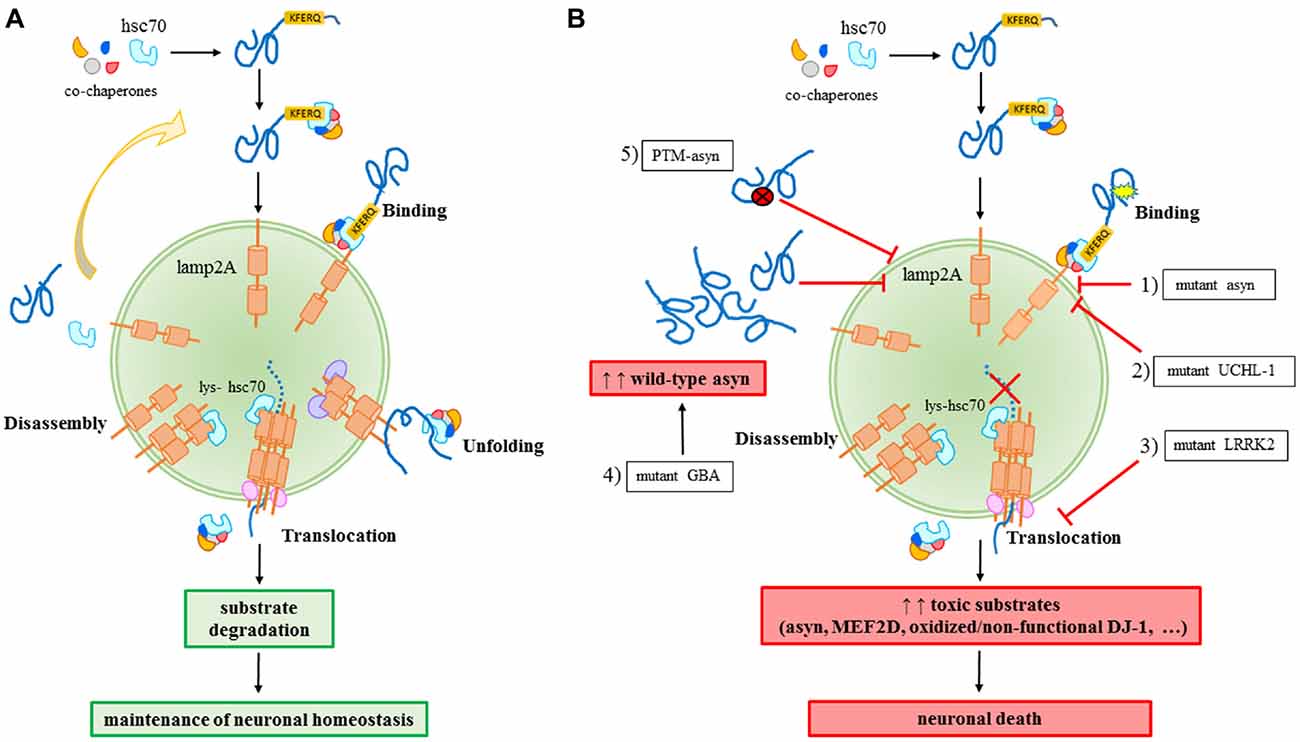

Defects in autophagy have been linked to various human diseases, including neurodegeneration and cancer, and interest in modulating autophagy as a potential treatment for these diseases has grown rapidly. Although initially characterized as a primordial degradation pathway induced to protect against starvation, it has become increasingly clear that autophagy also plays a major role in the homeostasis of non-starved cells. It allows the orderly degradation and recycling of cellular components. A Diagram of the process of autophagy, which produces the structures autophagosomes (AP), and autolysosomes (AL) B Electron micrograph of autophagic structures AP and AL in the fat body of a fruit fly larva C Fluorescently-labeled autophagosomes AP in liver cells of starved mice.Īutophagy (or autophagocytosis from the Ancient Greek αὐτόφαγος, autóphagos, meaning "self-devouring" and κύτος, kýtos, meaning "hollow") is the natural, conserved degradation of the cell that removes unnecessary or dysfunctional components through a lysosome-dependent regulated mechanism.


 0 kommentar(er)
0 kommentar(er)
